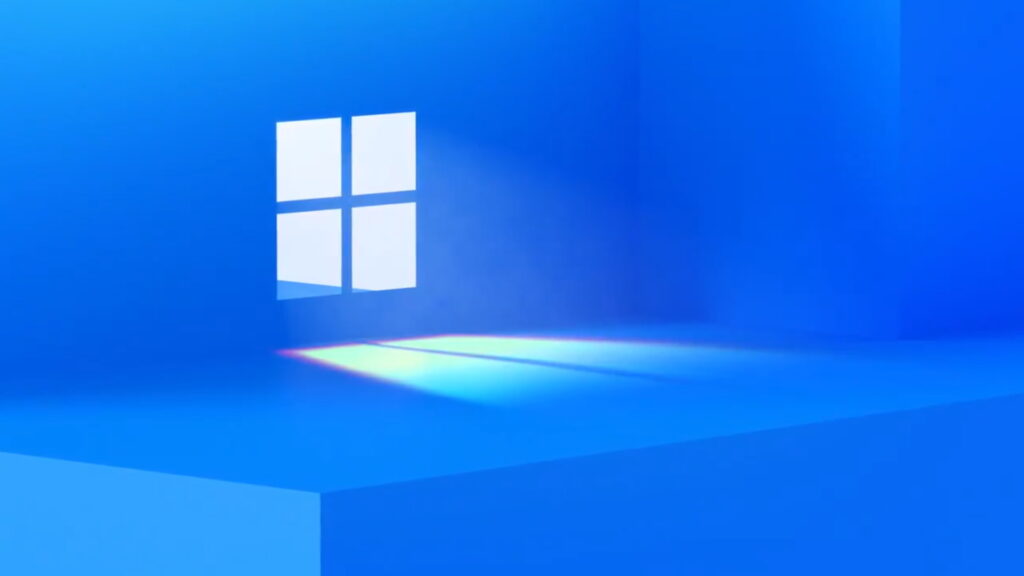If you’re dreading the end of Windows 10 in October, you’re not alone. One man from San Diego is taking Microsoft to court over its choice to discontinue Windows 10, claiming that Microsoft is forcing people to buy new devices and attempting to “monopolize the generative AI market.” The plaintiff, Lawrence Klein, argues that Microsoft should continue supporting Windows 10, free of charge, until Windows 10 users make up 10% or less of all Windows users.
Klein’s complaint, filed in San Diego, states, “Microsoft’s stratagem was to use its dominant position in the OS market to achieve a dominant position in the market for generative AI. It did this by forcing customers to purchase new devices (or face financial repercussions if they did not) and running Windows 11, thereby ensuring a large user base that would access this product by default.”
The complaint goes on to highlight the risks of discontinuing Windows 10: “With only three months until support ends for Windows 10, it is likely that many millions of users will not buy new devices or pay for extended support. These users—some of whom are businesses storing sensitive consumer data—will be at a heightened risk of a cyberattack or other data security incident, a reality of which Microsoft is well aware.”
According to Klein’s complaint, as of April 2025 Windows 10 users account for approximately 52.94% of all Windows users. While Windows 11 adoption is on the rise, it was only over the past year or so that it started to really gain ground, most likely because of Microsoft’s push to remind everyone that it’s discontinuing Windows 10 in October.
While Microsoft is technically offering “free” upgrades to Windows 11 for current Windows 10 users, accessibility is dependent on your hardware. Klein’s complaint estimates that some 240 million or more devices will become obsolete in October simply because they don’t meet the hardware requirements to upgrade to Windows 11. Forcing people to throw away those devices just to buy new ones capable of running Windows 11 would result in a massive amount of e-waste that could be reduced if people could continue safely using Windows 10.
Klein describes Microsoft’s push to force Windows 11 adoption as “a campaign to get consumers to ditch their older but perfectly functional Windows 10 devices and purchase Copilot+ PCs capable of running Microsoft’s AI software.”
His complaint points out how unusual this strategy is even by Microsoft’s own standards. Historically, Microsoft has allowed 7 to 8 years for people to transition from one version of Windows to the next, but in this case is forcing that switch to happen only 4 years after releasing Windows 11.
Klein even takes aim at the reasons for slow adoption, stating, “Windows 11 is wildly unpopular, and absent the forced obsolescence, many Windows users simply would not upgrade to Windows 11. Windows 11 does not present many enticing features that warrant an upgrade, and consumers do not find the new interface appealing. Microsoft has been unwilling to take consumer preference into account when designing or updating Windows 11 because as the dominant firm in the OS market it does not have to.”
To address all of these issues, Klein is requesting that the court step in to ensure Microsoft ends misleading advertising around Windows 10, clearly discloses the consequences of discontinuing support for Windows 10, and communicates transparently about alternative security options for those who want to continue using Windows 10.
Klein’s team is also asking the court to require Microsoft to continue Windows 10 updates at no additional cost until usage drops below 10% of all Windows users. For his own part, Klein is only asking for attorney’s fees.
This case likely won’t get resolved either way before October 14, when Windows 10 support officially ends. Microsoft isn’t going to give up easily on this one, either, so Klein and his attorneys are likely in for a challenging legal battle.


